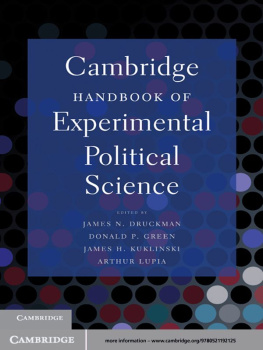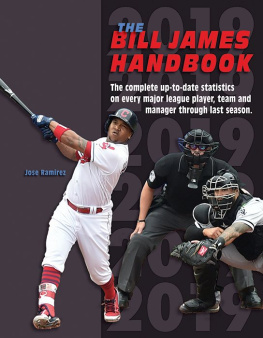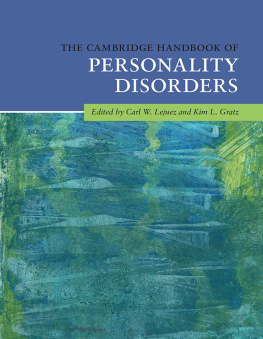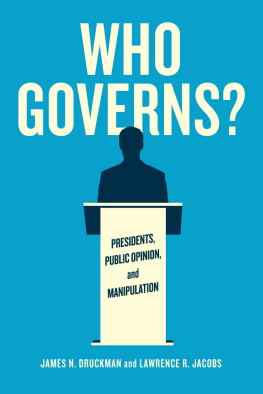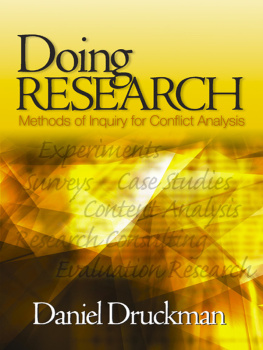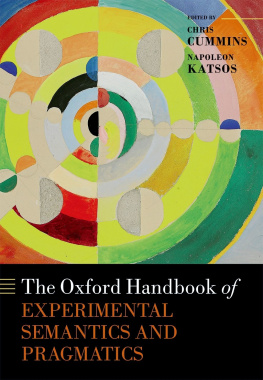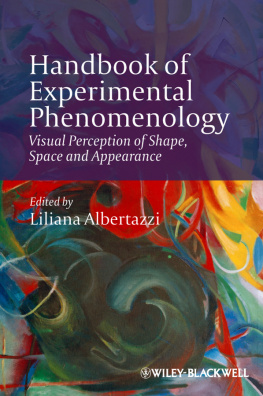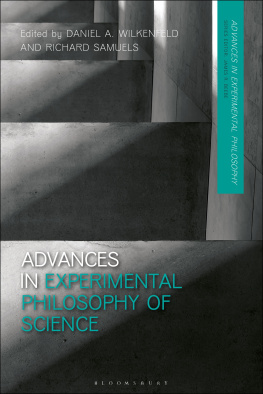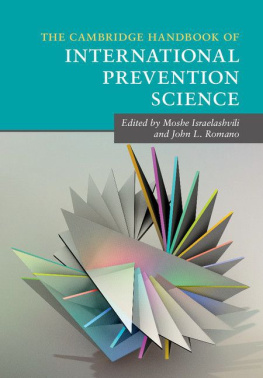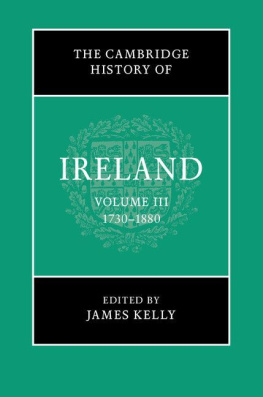Cambridge Handbook of Experimental Political Science
Laboratory experiments, survey experiments, and field experiments occupy a central and growing place in the discipline of political science. The Cambridge Handbook of Experimental Political Science is the first text to provide a comprehensive overview of how experimental research is transforming the field. Some chapters explain and define core concepts in experimental design and analysis. Other chapters provide an intellectual history of the experimental movement. Throughout the book, leading scholars review groundbreaking research and explain, in personal terms, the growing influence of experimental political science. The Cambridge Handbook of Experimental Political Science provides a collection of insights that can be found nowhere else. Its topics are of interest not just to researchers who are conducting experiments today, but also to researchers who believe that experiments can help them make new and important discoveries in political science and beyond.
James N. Druckman is Payson S. Wild Professor of Political Science at Northwestern University. He has published articles in journals such as the American Political Science Review , American Journal of Political Science , and Journal of Politics . He is currently the editor of Public Opinion Quarterly . Professor Druckman's research focuses on political preference formation and communication, and his recent work examines how citizens make political, economic, and social decisions in various contexts.
Donald P. Green is A. Whitney Griswold Professor of Political Science at Yale University. He is the author of four books and several dozen articles on a wide array of topics, including partisanship, campaign finance, voting, and prejudice. Since 1998, his work has focused on the design, implementation, and analysis of field experiments.
James H. Kuklinski is Matthew T. McClure Professor of Political Science at the University of Illinois at UrbanaChampaign. His interests include citizen decision making and the formulation of experimental designs that generate more accurate inferences about the external world than the traditional random assignment experiment.
Arthur Lupia is Hal R. Varian Professor of Political Science at the University of Michigan. He studies politics with a focus on how people make decisions when they lack information. Professor Lupia cofounded TESS (Time-Sharing Experiments for the Social Sciences) and served as Principal Investigator of the American National Election Studies.
CAMBRIDGE UNIVERSITY PRESS
Cambridge, New York, Melbourne, Madrid, Cape Town, Singapore, So Paulo, Delhi, Tokyo, Mexico City
Cambridge University Press
32 Avenue of the Americas, New York , NY 10013-2473, USA
www.cambridge.org
Information on this title: www.cambridge.org/9780521174558
Cambridge University Press 2011
This publication is in copyright. Subject to statutory exception and to the provisions of relevant collective licensing agreements, no reproduction of any part may take place without the written permission of Cambridge University Press.
First published 2011
Printed in the United States of America
A catalog record for this publication is available from the British Library.
Library of Congress Cataloging in Publication data
Cambridge Handbook of Experimental Political Science / [edited by] James N. Druckman,
Donald P. Green, James H. Kuklinski, Arthur Lupia.
p. cm.
Includes bibliographical references and index.
ISBN 978-0-521-19212-5 (hardback) ISBN 978-0-521-17455-8 (paperback)
1. Political science Methodology. 2. Political science Research.
3. Political science Experiments. I. Druckman, James N., 1971 II. Title.
JA71.C325 2011
320.072 dc22 2010044869
ISBN 978-0-521-19212-5 Hardback
ISBN 978-0-521-17455-8 Paperback
Cambridge University Press has no responsibility for the persistence or accuracy of URLs for external or third-party Internet Web sites referred to in this publication and does not guarantee that any content on such Web sites is, or will remain, accurate or appropriate.

